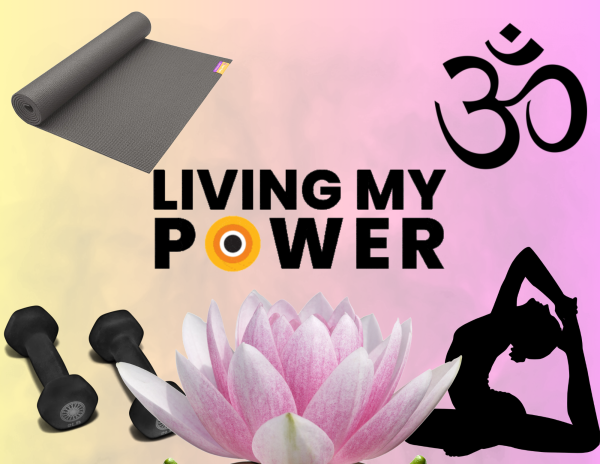Helicopter Parents and Hapless Children
Parenting is one of those topics that are constantly studied but has never been perfected. There are many unique parenting styles and family dynamics that exist in today’s society, but one of the most controversial is “helicopter parenting.” Practically everyone has heard of it at this point and may have even experienced it for themselves. The term helicopter parenting was first coined by Foster Cline and Jim Faye in 1990 in their book Parenting With Love and Logic, and is essentially is used to describe parents that hover over their children’s lives just like helicopters.
As time progresses, society changes. These days, older generations reminisce about how they were allowed to stay out all day and how kids nowadays could never do the same. Despite the growing presence of technology, the outside world has grown more dangerous and parents are fighting this by keeping a closer eye on their children. In fact, it wouldn’t be too much of a stretch to say that helicopter parenting has become a common phenomenon.
In a high school environment, there has always been a competition as to “who’s got it worse.” Whether it’s who got the least amount of sleep, who has the busiest schedules, or who has the hardest class, complaints about parenting have made their way into these conversations. It is not uncommon to hear others talk about how their parents constantly track their movements to make sure they are where they need to be or how they have total control over their school lives. These remarks bring up an interesting perspective: helicopter parenting from the viewpoint of a child and the effects of it.
Overly attached parents have been reported to cause disruption in a child’s social development, especially at a young age. According to a study conducted by the American Psychological Association (APA) in 2018, “Path analysis indicated that over controlling parenting at age 2 was associated with more child-reported emotional and school problems, fewer teacher-reported social skills and less teacher reported academic productivity at age 10.”
The fact that these effects are showing up so early in life is alarming. These little symptoms are like seeds being planted in a field. As time goes on, these seedlings will grow into more prevalent problems. If left unchecked (or in this case without access to help), the plant will grow wild and take over the garden. While not all cases will grow to be that severe, childhood and adolescent psychological problems can get worse without proper treatment. Navigating the complex school environment will become increasingly difficult due to poor emotional control, which can lead to feelings of alienation and low self-esteem.
As time passes, life becomes more difficult. Regardless of what others say, being a teenager in this day and age is by no means easy, and helicopter parents do not help the situation. The pressure of high school weighs down on students’ backs as they struggle to find themselves. Controlling parents are infamous for moderating all of their children’s decisions, and this leads to codependency and indecisiveness. Getting prepared for freedom and adulthood is the main goal of the teenage years, so why should these parents inhibit their kids like this?
Of course, parenting is not an easy feat. Helicopter parenting can have its benefits as well because guardian figures can create a strong bond with their children, but there are better ways to go about achieving this. A stable support system is a key to overcoming obstacles that everyone faces during life. Many may argue that due to the amount of effort that the parents put into their child’s life, the family could become closer as a result. However, this is not a guarantee. The child could ultimately learn to resent their parents because of their inherent lack of freedom. Children with overly controlling parents often become indecisive, not being able to make decisions for themselves.
Any benefit that helicopter parenting may bring can easily be accomplished with more positive methods. Parenting is an art and will likely will never be perfected. Helicopter parenting causes more damage than parents believe, therefore, parents should release more control and give more freedom so that children can grow and achieve on their own terms.
Your donation will support the student journalists of Huntington Beach High School. Your contribution will allow us to cover our annual website hosting costs.
Thank you for supporting our program!






